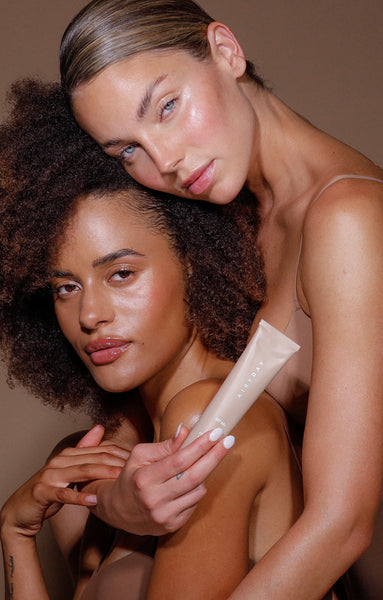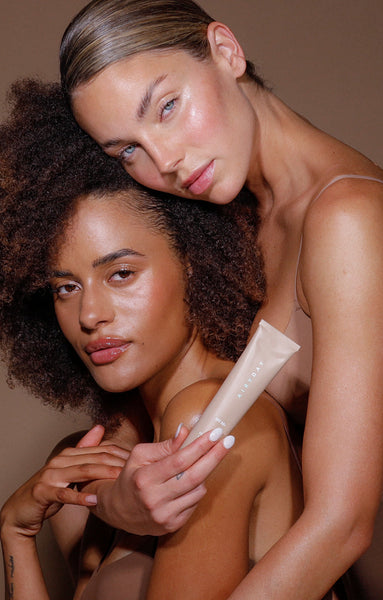
CHEMICAL VS PHYSICAL SUNSCREEN: WHICH ONE IS MORE EFFECTIVE?
There are two types of sunscreens: chemical and physical. But what actually is the difference between them and which one is more effective at protecting you against the sun?
Chemical Sunscreens:
Chemical sunscreens work by absorbing UV radiation and converting it into heat, which is then released from the skin. The active ingredients in chemical sunscreens are typically organic compounds like avobenzone and oxybenzone. These compounds penetrate the skin and create a chemical reaction to protect against UV rays.
One of the main benefits of chemical sunscreens is that they are lightweight and easy to apply. They are also great for daily use and provide broad-spectrum protection against both UVA and UVB rays. However, they can take up to 20 minutes to fully absorb into the skin, so it's important to apply them well in advance of going outside.
Physical Sunscreens:
Physical sunscreens, also known as mineral sunscreens, work by creating a physical barrier on the skin that reflects or scatters UV rays. The active ingredients in physical sunscreens are typically natural minerals like zinc oxide or titanium dioxide. These minerals sit on top of the skin and reflect UV radiation away from the skin.
One of the main benefits of physical sunscreens is that they provide immediate protection after application. They are also less likely to cause skin irritation or allergic reactions, making them a great choice for those with sensitive skin.
However, physical sunscreens are well-known to be difficult to formulate, as the minerals used can leave a white cast on the skin, making them less aesthetically pleasing. But with advancements in technology and formulation techniques, physical sunscreens can now be made to be more elegant and cosmetically appealing.
Ultimately, the choice between chemical and physical sunscreens comes down to personal preference and skin type.
Traditionally people tend to live in one camp or the other for various reasons. However, why not have both types on hand? So, depending on the day, just like your skin care - you can make that choice with your sunscreens too.
If your skin is in need of a hydration hit, Clear as Day SPF 50+ is a great option to boost those moisture levels but if your skin needs a moment of zen, then Pretty in Zinc SPF50+ might be the choice for the day.
No matter which type of sunscreen you choose, make sure it's a part of your daily skincare routine. And don't forget to apply it generously and consistently, especially if you're spending time outdoors.
So, go ahead and get that SPF Wardrobe kitted out to keep your skin healthy and beautiful.











